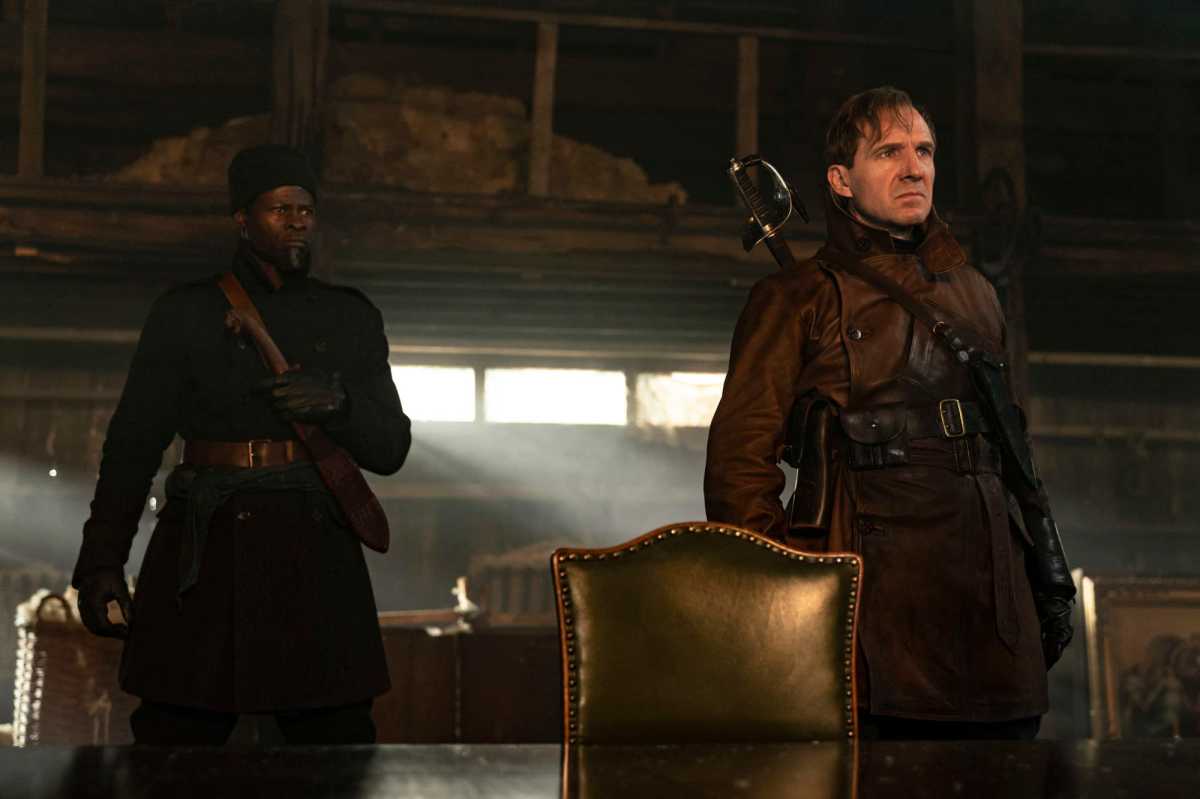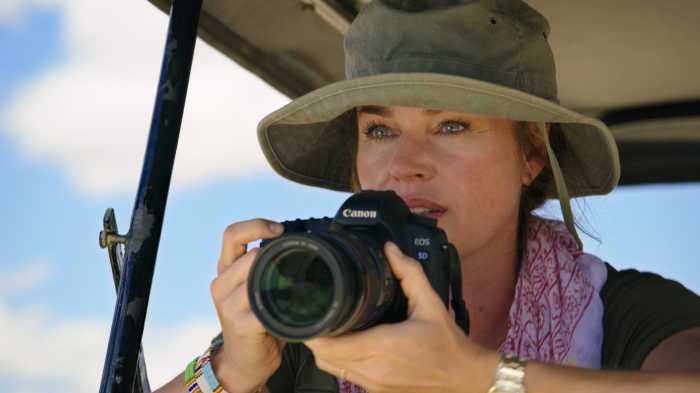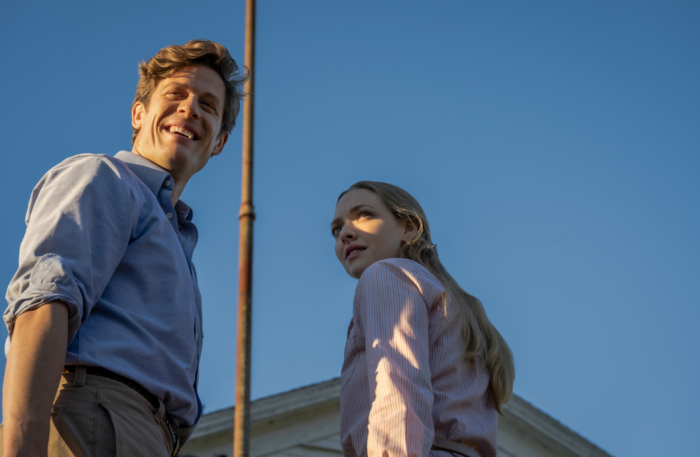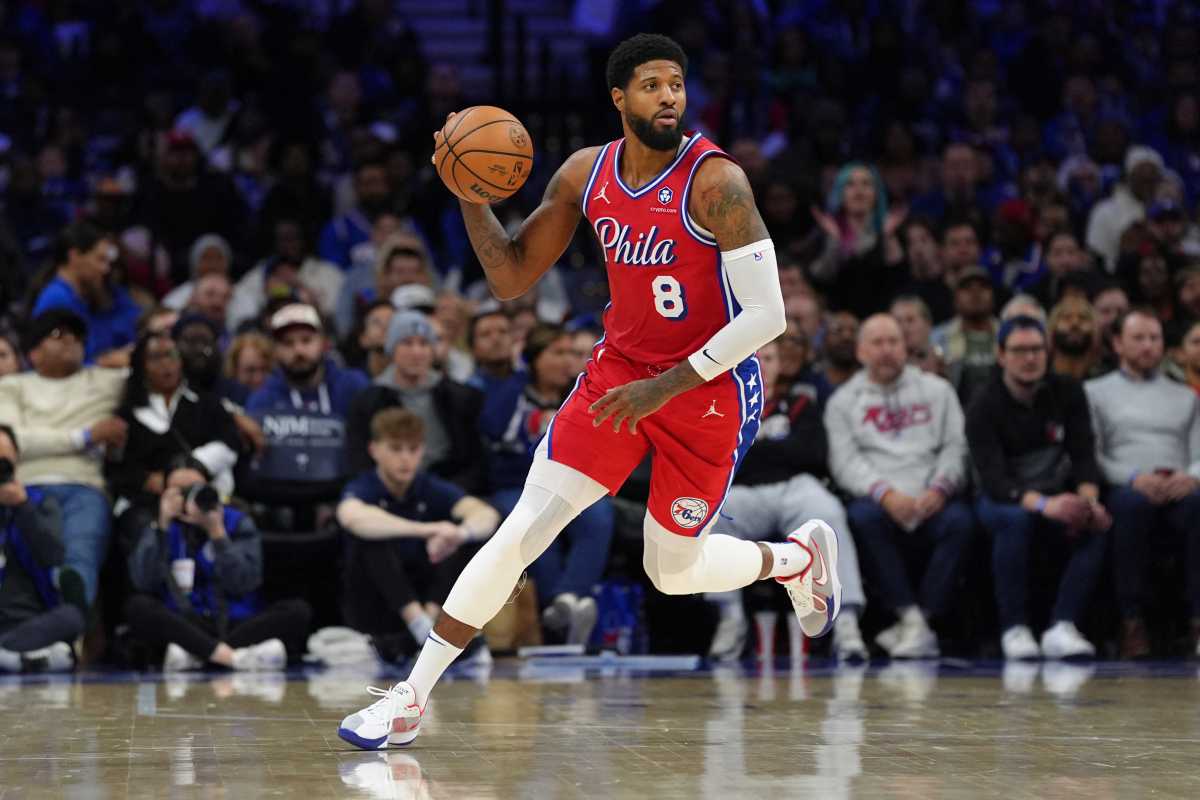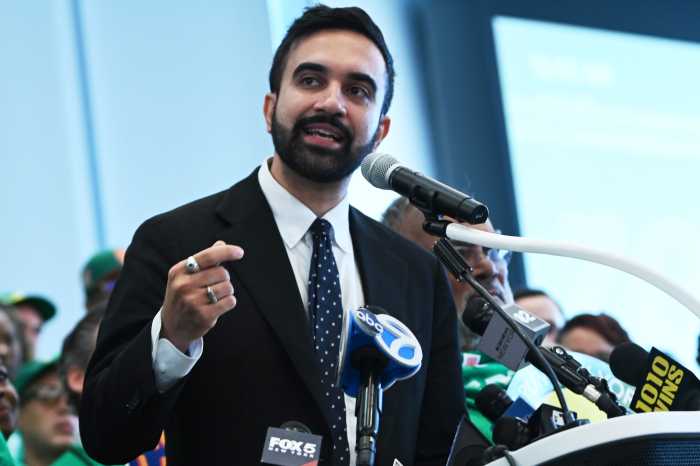By Oksana Chertova, MWN
“The King’s Man,” directed by Matthew Vaughn, takes place before and up to the end of World War I. Orlando, Duke of Oxford (Ralph Fiennes), Britain’s leading pacifist, supports the Red Cross with money and personal connections. During one of his charity trips to a hot spot, his wife is murdered and she takes an oath from him before she dies that he will protect their young son from the cruelty of this world.
The Duke keeps his word, but when the heir turns 17, war breaks out. Young Conrad (Harris Dickinson) rushes into battle, but his father uses all his connections to keep his son away from it. In spite of parents’ prohibitions, impelled by noble aims and dreams of heroic deeds, the boy goes to the war. His father has nothing to do but to involve his son in a global intelligence network created by him with the help of which he tries to stop World War I.
What attracted you to this project?
I loved the first two King’s Man films and the way Matthew struck the right balance between the psychological aspects of the film and the action. It was an unusual and original take on the theme of British spies. I was very flattered and delighted when Matthew asked me to be a part of the prequel to the story.
One of the most prominent antiheroes that you have to fight in the movie is Grigori Rasputin. What do you think about this character and Rasputin?
I think that Rasputin is known all over the world. He is a very charismatic historical figure. And of course, this period in Russian history is very familiar to everybody: the time of the revolution, the fate of the imperial family… I think Matthew Vaughn in his own way admires Rasputin. I have long been interested in the history of Russia and this period in particular. Rasputin’s death is a striking case of killing a man who was very difficult to finish off. And Matthew shows his entertaining version, which should not be taken as a serious historical narrative. It’s a kind of a history game.
There are many fight scenes in the film. How difficult were they to perform?
We were working together with the stunt doubles, covering for each other. Sometimes they were better at it, and we, having learned a lot from them, played some dynamic scenes ourselves. It was edited very nicely. Seeing Matthew Vaughn line up poignant episodes, you realize that no matter how hard you try to perform a particular stunt, the director will always find someone to do it better. Films like this are just made that way.

You play a real warrior fighting for peace and a wise mentor. Tell more about your character.
If we talk about the traits of my character, I would note a kind of integrity of personality, his decency and honesty. His heightened sense of justice. It’s difficult to define it more precisely, but I think the Duke of Oxford has a very clear sense of right and wrong, and he tries to teach this to his son Conrad.
What was it like working with Harris Dickinson and the other members of the crew?
It was a pleasure. Sometimes you have to work with people who aren’t easy to get along with. There are also some pretty unpleasant cases where you have to go the extra mile to successfully collaborate on the set. I always felt at ease and liberated here. Matthew was able to organize our work on the film perfectly. It was great.



